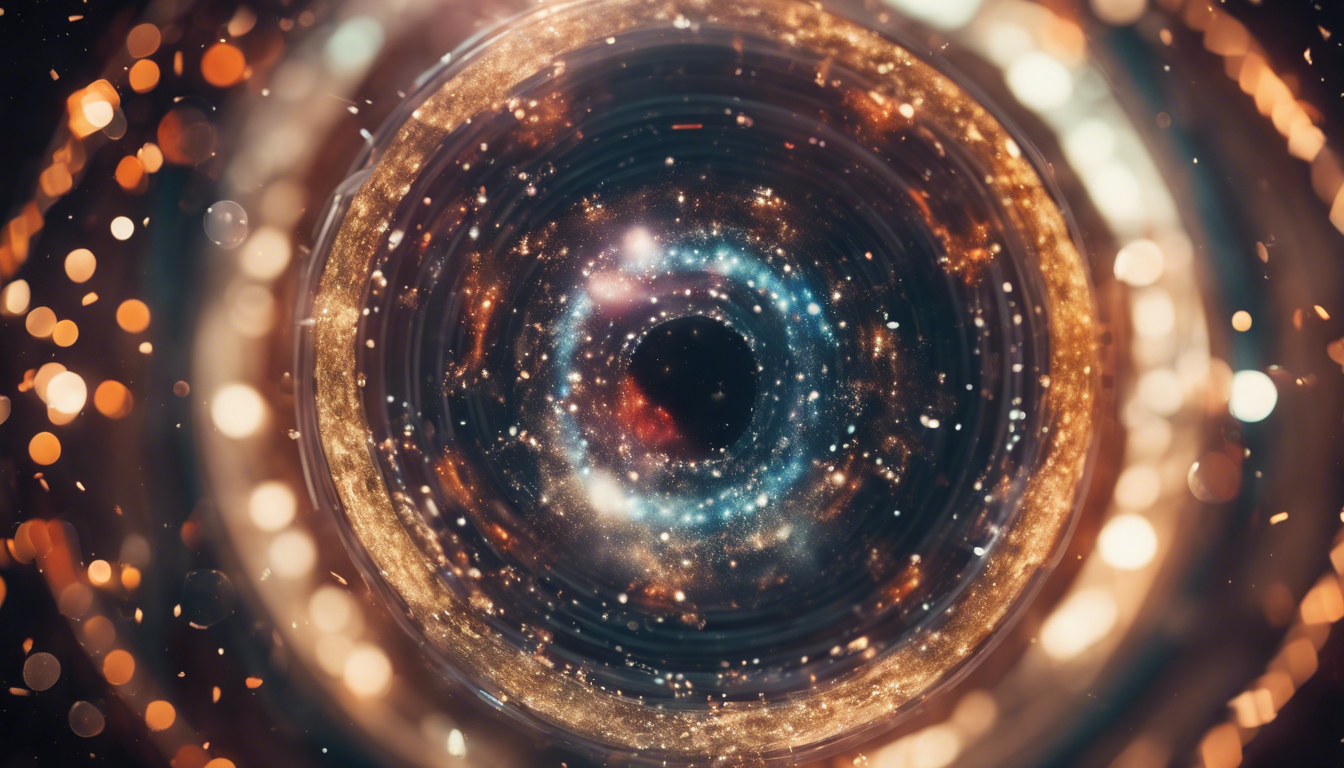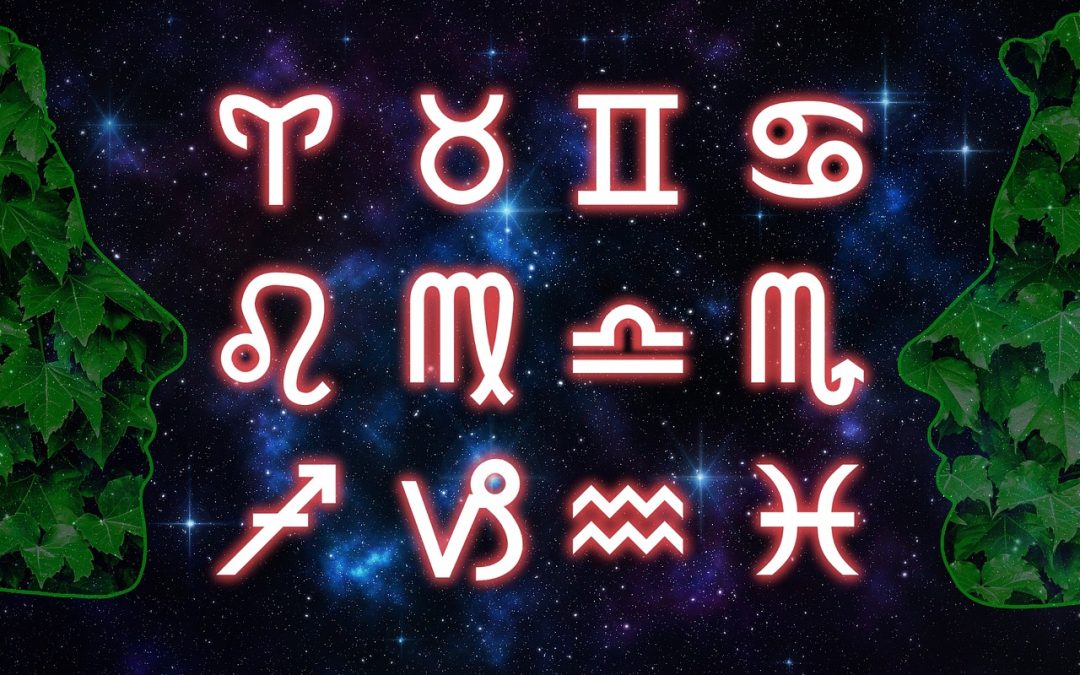
The Expanding Universe: Unveiling the Mysteries of Cosmology
Since the dawn of humanity, we have gazed up at the night sky in awe and wonder. The vastness and beauty of the cosmos have captivated our imaginations, leading us to question our place in the universe. Over the centuries, scientists and philosophers have sought to unravel the mysteries of cosmology, the study of the origin, evolution, and structure of the universe. One of the most groundbreaking discoveries in this field is the concept of the expanding universe.
The notion of an expanding universe was first proposed by Belgian astronomer Georges Lemaître in 1927. He theorized that if the universe is expanding, then at some point in the past, it must have been much smaller and denser. This idea laid the foundation for what is now known as the Big Bang theory, which suggests that the universe originated from a single, incredibly hot and dense point about 13.8 billion years ago.
The evidence supporting the expanding universe comes from observations of distant galaxies. Astronomers have observed that galaxies are moving away from each other, and the farther apart they are, the faster they are receding. This phenomenon is known as Hubble’s Law, named after American astronomer Edwin Hubble, who made this groundbreaking discovery in 1929. Hubble’s Law provides strong evidence for the expansion of the universe.
But what exactly is the universe expanding into? This question has puzzled scientists for decades. The prevailing theory is that space itself is expanding. It is not a matter of galaxies moving through space, but rather space itself stretching, causing galaxies to move away from each other. To visualize this concept, imagine a balloon with dots drawn on its surface. As you inflate the balloon, the dots move away from each other, just like galaxies in an expanding universe.
The discovery of the expanding universe has raised many intriguing questions about the fate of our cosmos. Will the expansion continue indefinitely, or will it eventually slow down and reverse? Scientists have been grappling with these questions for years, and recent observations have shed some light on the matter. In the late 1990s, astronomers made a surprising discovery: the expansion of the universe is accelerating. This finding earned the Nobel Prize in Physics in 2011 and led to the concept of dark energy.
Dark energy is a mysterious force that permeates the universe and counteracts gravity, causing the expansion to accelerate. Its exact nature remains unknown, but it is believed to make up about 68% of the total energy content of the universe. Dark matter, another enigmatic substance, accounts for about 27% of the universe’s energy content. The remaining 5% is ordinary matter, the stuff that makes up stars, planets, and everything we can see.
The expanding universe has profound implications for our understanding of the cosmos. It provides evidence for the Big Bang theory, suggesting that our universe had a definite beginning. It also raises questions about the ultimate fate of the universe. Will it continue expanding forever, eventually leading to a cold and desolate state known as the “Big Freeze”? Or will it reach a point where gravity overcomes dark energy, causing the universe to collapse in on itself in a “Big Crunch”?
While we may not have all the answers yet, the expanding universe has undoubtedly revolutionized our understanding of cosmology. It has opened up new avenues of research and sparked further exploration into the mysteries of our existence. With each new discovery, we inch closer to unraveling the secrets of the cosmos and gaining a deeper appreciation for the vastness and complexity of our expanding universe.
